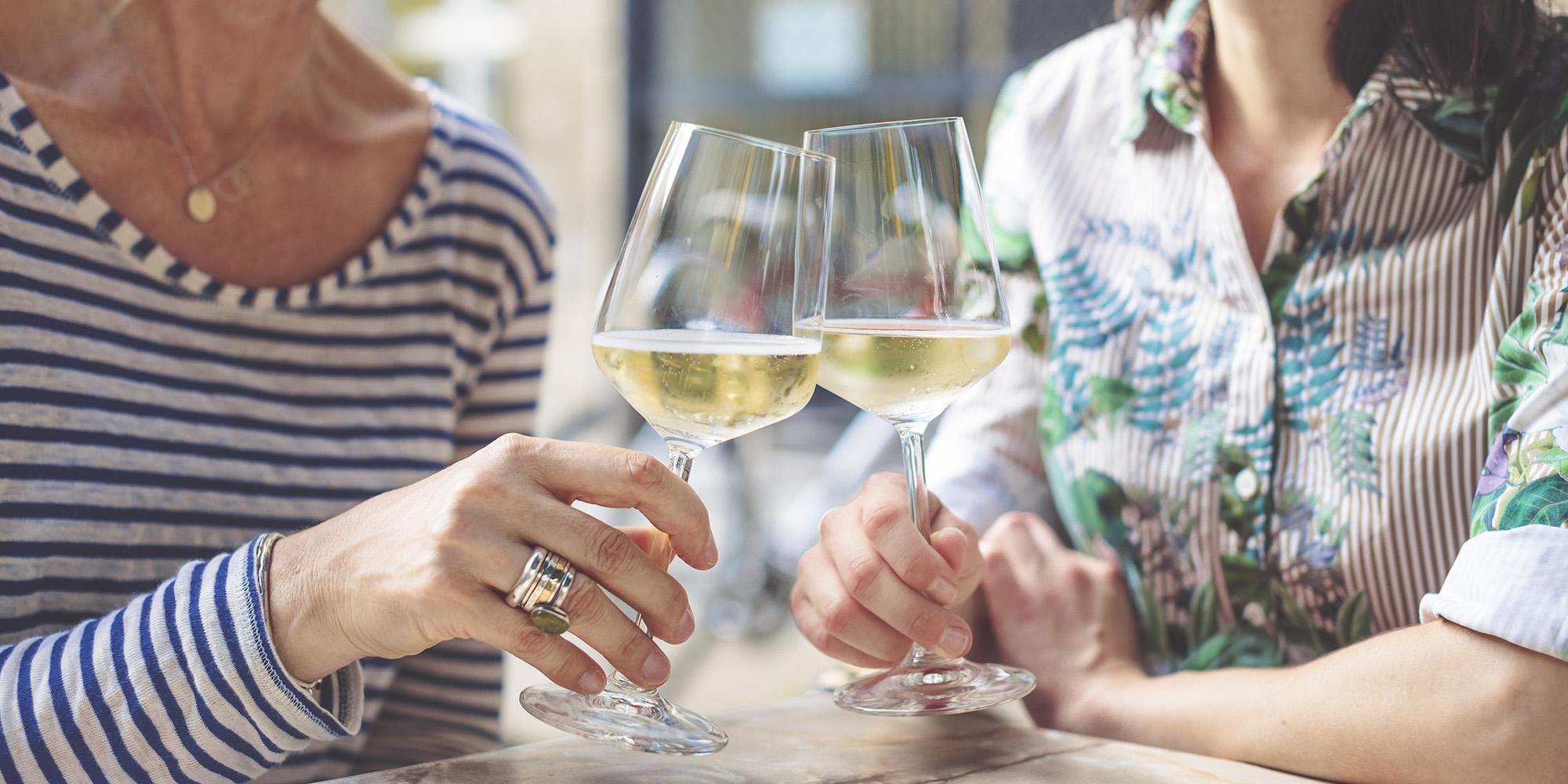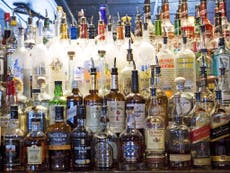Women turned to alcohol ‘more often than men’ in the first lockdown
‘It could reflect that men and women respond to stress differently,’ says expert

Your support helps us to tell the story
From reproductive rights to climate change to Big Tech, The Independent is on the ground when the story is developing. Whether it's investigating the financials of Elon Musk's pro-Trump PAC or producing our latest documentary, 'The A Word', which shines a light on the American women fighting for reproductive rights, we know how important it is to parse out the facts from the messaging.
At such a critical moment in US history, we need reporters on the ground. Your donation allows us to keep sending journalists to speak to both sides of the story.
The Independent is trusted by Americans across the entire political spectrum. And unlike many other quality news outlets, we choose not to lock Americans out of our reporting and analysis with paywalls. We believe quality journalism should be available to everyone, paid for by those who can afford it.
Your support makes all the difference.Women turned to alcohol more often than men in the first lockdown - raising fears they could suffer chronic diseases in years to come, a new study has found.
Experts warned women are using alcohol to cope with stress triggered by bearing the brunt of homeschooling pressures and household income plummeting during the pandemic.
The report, carried out by the University of East Anglia, found women drank more frequently, whereas men drank in larger quantities per drinking session.
Researchers said the change in drinking habits was concerning as “even relatively small changes” in alcohol consumption can have a notable effect on people’s long-term health.
The study, which examined how lifestyle habits changed in the first month of lockdown in April last year, discovered women, young people and those who are overweight, were more likely to resort to unhealthy habits.
Julie Breslin, of We Are With You, the UK’s leading drug, alcohol and mental health charity, told The Independent the “enforced social isolation” of the Covid crisis has resulted in many people drinking more behind closed doors as a mechanism to cope with “issues like stress and loneliness”.
Ms Breslin, who leads a programme called Drink Wise, Age Well, which supports older people to make healthier choices about their drinking, added: “Often the extreme domestic pressures of the current time such as homeschooling children, adapting to new ways of working and falling household income can fall disproportionately on women’s shoulders.
“While many older women have become isolated from their social groups, children and grandchildren. Therefore, it’s not hugely surprising that this study shows women are drinking more frequently than men.”
She noted their own research shows the age bracket most likely to consume alcohol at harmful levels are over 50s. Almost one in four women over 50 were binge drinking at least once a month in 2020, while close to half said they were drinking at least two to three times per week, Ms Breslin added.
“As we age our bodies find it harder to process alcohol so this is clearly a concerning picture, while heavy drinking increases the risk of women developing breast cancer,” she said. “It’s clear that now more than ever we need to normalise the act of getting support. You don’t need to have hit rock bottom, anyone concerned about their drinking will benefit from reaching out.”
She said their services were “open and here to work” with people during the third national lockdown. Ms Breslin called for anyone anxious about their own or someone else’s drinking to talk to a trained advisor via their online webchat at www.wearewithyou.org.uk or ring their free and confidential over 50s alcohol helpline on 0808 801 0750.
A recent report by Drink Aware found more Britons are drinking four times a week or more than in previous years - with the proportion rising from 16 per cent in 2019 to 19 per cent in 2020.
The leading alcohol education charity said the increase was predominantly driven by women and adults aged over 55 changing their alcohol consumption levels during lockdown.
Women are now more likely to be drinking above the recommended level of 14 units per week, as well as being slightly more likely to be deemed higher risk. While the proportion of females drinking four times a week has increased from 12 to 16 per cent.
More women than men said they drunk more than normal due to anxiety and stress sparked by being a parent - with 42 per cent reporting this, in comparison to 32 per cent of men.
The new University of East Anglia study, which saw more than 1,000 participants carry out a daily survey on their lifestyle habits, not only found people were drinking more alcohol but also ate less fruit and veg and did less exercise when the public health crisis first hit.
Dr Felix Naughton, one of the report’s authors, told The Independent the overall quality of women’s diets also decreased in comparison to men, with women increasing their consumption of high sugar snacks more than their male counterparts.
“If changes become habits and persist for a long time, this would increase the risk of chronic disease in years and decade to come,” he added. “It could reflect that men and women respond to stress differently. Evidence has found drinking alcohol in response to Covid-related psychological distress is higher in women than men.”
Multiple studies have found women are shouldering the burden of the economic fallout from the pandemic due to being over-represented in sectors hit hardest by the crisis, such as hospitality, retail, leisure, tourism and the arts. While a study by the University of Exeter found women were almost twice as likely as men to have lost their job during the first wave of the virus.



Join our commenting forum
Join thought-provoking conversations, follow other Independent readers and see their replies
0Comments